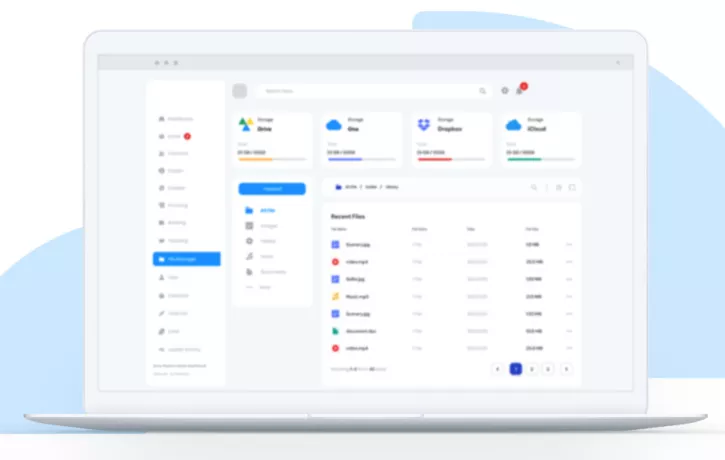Combine smart tools with strong adoption to drive sales revenue growth faster.
CRM applications come with an incredible promise of streamlining sales operations. However, few sales operations leaders see the business value they expect from these applications.
In reality, these ‘smart’ tools are not particularly intuitive or user-friendly, frustrating sellers and slowing the sales cycle. CRMs were created with the intention of helping sales teams leverage data to increase productivity. However, inefficient workflows and a lack of user knowledge often results in compromised integrity of sales data, leading to inaccurate forecasting and lost opportunities.
According to McKinsey, sales leaders emphasize digital tool building, but they should place equal focus on digital adoption—involving sellers in the design to build trust in the system, creating solutions that address key seller pain points, and making those tools intuitive and easy to use. The combination of smart tools and strong adoption translates to higher sales.
Focus on selling with the right tools and digital skills
Salespeople are spending 17% of their day entering data into tools such as CRM apps. That’s nearly 7 hours a week spent clicking, navigating, and typing, according to a 2021 Hubspot survey. How much of that time is spent in hesitation and frustration translating into missed or lost sales revenue?
Salesforce, a leader in the CRM marketplace, found that CRMs can boost sales by 29% and productivity to 34%. Yet, Hubspot’s State of Marketing Survey found that 40% of sales pros still use spreadsheets instead of CRMs and 22% don’t know what a CRM is.
According to a McKinsey global survey of 2,500 B2B companies across the industry found that those willing to shake up their sales models and embrace next-generation capabilities are growing revenue at twice the rate of GDP.
Helping your sellers with a solution that simplifies their CRM operations and boosts their productivity is a sure-fire way to maximize their windows of opportunity to close deals.
How digital adoption affects sales velocity
Digital adoption is essential for boosting user experience, decreasing seller ramp-up time, and increasing efficiency. Introducing automation features will also save your sellers from having to complete repetitive processes over and over again.
Safeguard data integrity to improve your forecasting accuracy by automating sensitive or complex processes and implementing data validation protections.
For example: notify your salesperson if they’ve updated a data field incorrectly, or missed it altogether, and increase task completion rates of high-impact processes with automated guidance.
Leverage data on user journeys collected across your CRM to maintain a constant awareness of friction points between your sellers and their software, to create an optimized user experience.
With strong digital skills you will be able to streamline the lead-to-close process, keep your sellers engaged throughout the sales cycle, and detect and correct data entry mistakes before they happen.
Bottom line, with a strong digital adoption strategy, you shouldn’t have to guess if your sellers are truly getting the most out of your CRM. You’ll know they are by your rising win rate.
Over the next few weeks, we will be taking a deeper dive into how you can boost your sales velocity by addressing challenges with CRM and other sales applications. We’ll explore how data and insight can help improve CRM adoption so your team can just focus on selling more, faster.
Find out more about what WalkMe can do for your sales team.

